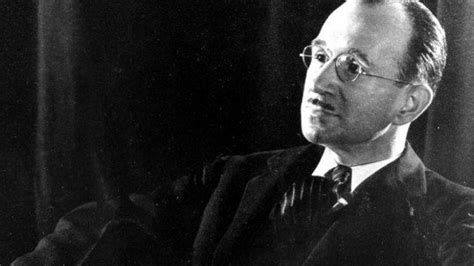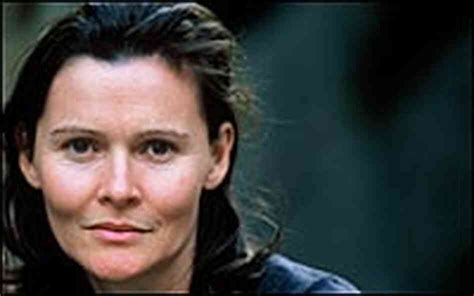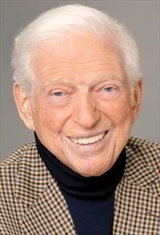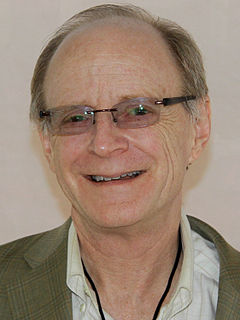A Quote by Harry Stack Sullivan
Your emotional life is not written in cement during childhood. You write each chapter as you go along.
Related Quotes
Striding tall through Lauren St John's gorgeously written memoir is her father, and chapter after chapter their relationship is untangled and celebrated. Joy and a hunger for life infuse this book -- whether St John is writing about the harrowing years of Rhodesia's civil war, her childhood adventures in the bush, or the breaking apart of her family. Rainbow's End is a most generous and wise book.
I don't know where to start," one [writing student] will wail. Start with your childhood, I tell them. Plug your nose and jump in, and write down all your memories as truthfully as you can. Flannery O' Connor said that anyone who has survived childhood has enough material to write for the rest of his or her life. Maybe your childhood was grim and horrible, but grim and horrible is Okay if it is well done. Don't worry about doing it well yet, though. Just get it down.
Well, first you have to love writing. A lot of authors love having written. But I enjoy the actual writing. Beside that, I think the main reason I can be so prolific is the huge amount of planning I do before I start to write. I do a very complete, chapter-by-chapter outline of every book I write. When I sit down to write, I already know everything that's going to happen in the book. This means I've done all the important thinking, and I can relax and enjoy the writing. I could never write so many books if I didn't outline them first.
Well, I hate it when authors come into a school and they say to kids, 'Write from your heart, only write what you know, and write from your heart.' I hate that because it's useless. I've written over 300 books - not one was written from my heart. Not one. They were all written for an audience, they were all written to entertain a certain audience.
I think there are three kinds of songs; it's only my theory: psychological, emotional, and spiritual. When you write psychologically or intellectually, you have a tune in your mind, and you re-write it. It's an intellectual approach. The emotional is my favorite because it comes from my kishkas; it comes from my soul.
Write every day. Don't kill yourself. I think a lot of people think, 'I have to write a chapter a day' and they can't. They fall behind and stop doing it. But if you just write even one hundred words a day, it's not that much. By the end of a month, you'll have three thousand words, which is one chapter.
One of my big revelations was that nobody cares whether you write your novel or not. They want you to be happy. Your parents want you to have health insurance. Your friends want you to be a good friend. But everyone’s thinking about their own problems and nobody wakes up in the morning thinking, ‘Boy, I sure hope Sam finishes that chapter and gets one step closer to his dream of being a working writer.’ Nobody does that. If you want to write, it has to come from you. If you don’t want to write, that’s great. Go do something else. That was a very liberating moment for me.
Over the next four days, I want you to write about your deepest emotions and thoughts about the most upsetting experience in your life. Really let go and explore your feelings and thoughts about it. In your writing, you might tie this experience to your childhood, your relationship with your parents, people you have loved or love now or even your career. How is this experience related to who you would like to become, who you have been in the past, or who you are now?.




































